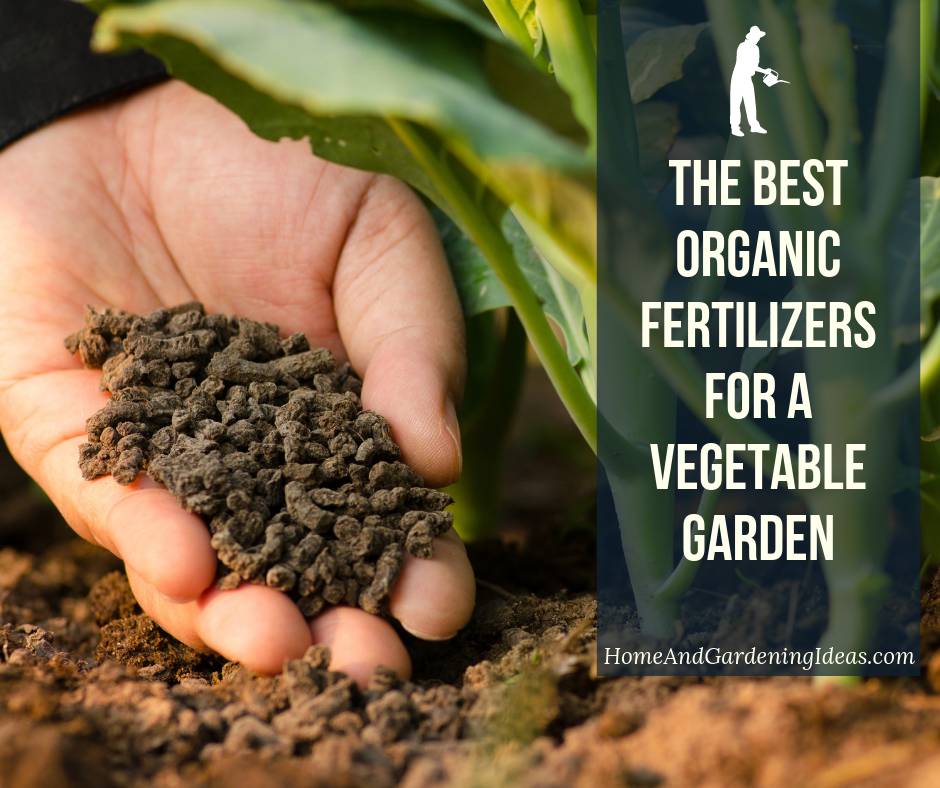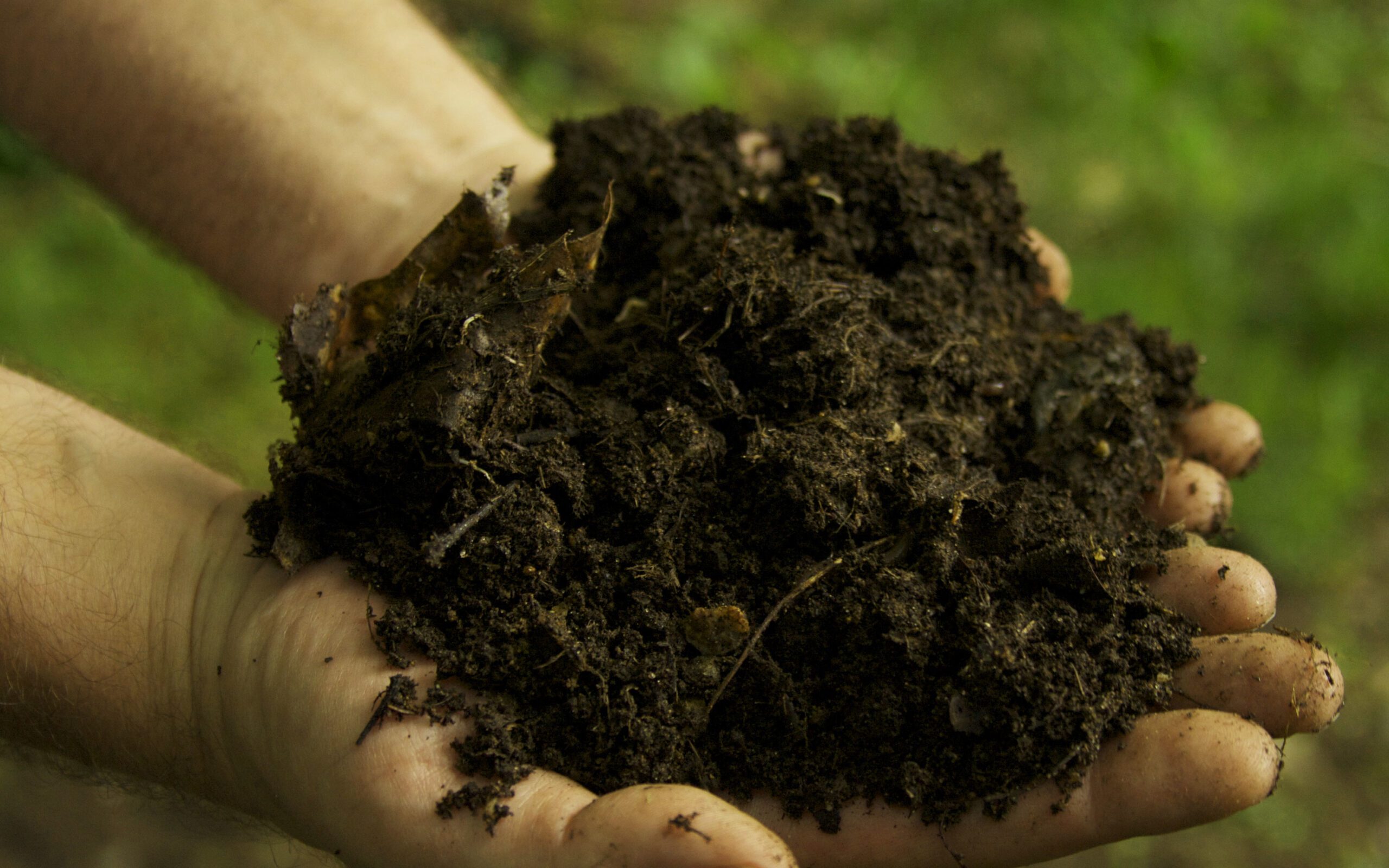Best Organic Fertilizers for Gardens: Nourish Your Soil Naturally

Are you dreaming of a lush, vibrant garden bursting with life and color? The secret to a thriving garden lies beneath the surface—in the soil. Just as a balanced diet nourishes our bodies, the best organic fertilizers for gardens enrich the soil, fostering robust vegetable growth and overall soil health. But with so many options available, how do you choose the right one? Let's dive in and explore the world of natural fertilizers, uncovering the top choices for eco-friendly gardening.
Understanding Organic Fertilizers
Organic fertilizers are derived from natural sources such as plant, animal, or mineral materials. Unlike synthetic fertilizers, organic compost and natural fertilizers work slowly, releasing nutrients over time to improve soil structure and promote long-term soil health. Think of it like a slow-release vitamin for your garden—steady and sustained nourishment.
Why Choose Organic Fertilizers?
Organic fertilizers offer a myriad of benefits:
- Soil Health: They enhance soil structure, aeration, and water retention.
- Environmentally Friendly: Natural fertilizers are eco-friendly, reducing the risk of chemical runoff and pollution.
- Sustainable: They support sustainable gardening practices, promoting a healthier ecosystem.
- Nutrient-Rich: Organic compost provides a wide range of nutrients, including nitrogen, phosphorus, and potassium, essential for plant growth.
Top Organic Fertilizers for Your Garden
Compost
Compost is the gold standard of organic fertilizers. Made from decomposed organic materials like leaves, grass clippings, and kitchen scraps, compost is rich in nutrients and beneficial microorganisms. It improves soil structure, enhances water retention, and promotes healthy plant growth.

Manure
Animal manure, particularly from cows, horses, and chickens, is a fantastic source of nitrogen, phosphorus, and potassium. Well-composted manure can significantly boost soil fertility and vegetable growth. However, ensure the manure is fully composted to avoid burning plants or introducing pathogens.
Bone Meal
Bone meal is a slow-release fertilizer made from ground animal bones. It's high in phosphorus and calcium, making it ideal for promoting root development and flowering. Bone meal is particularly beneficial for plants like roses, bulbs, and fruit trees.
Blood Meal
Blood meal is a nitrogen-rich fertilizer made from dried and powdered animal blood. It's excellent for promoting leafy growth and is often used for vegetables like spinach and lettuce. However, use it sparingly, as too much nitrogen can inhibit flowering and fruiting.
Fish Emulsion
Fish emulsion is a liquid fertilizer made from fish waste. It's high in nitrogen and other essential nutrients, making it a quick-acting fertilizer. Fish emulsion is great for promoting rapid growth and can be used as a foliar spray or soil drench.
Seaweed
Seaweed is a rich source of micronutrients and growth hormones. It improves soil structure, enhances water retention, and promotes plant health. Seaweed fertilizer is available in liquid or powdered form and is suitable for a wide range of plants.
How to Use Organic Fertilizers Effectively
Using organic fertilizers effectively requires a bit of know-how. Here are some tips to get you started:
Soil Testing
Before applying any fertilizer, conduct a soil test to determine your soil's nutrient levels and pH. This will help you choose the right fertilizer and avoid over-fertilizing.
Timing
Apply organic fertilizers at the right time. For example, bone meal is best applied in the fall to promote root growth, while blood meal is ideal in the spring to boost leafy growth.
Application Methods
Organic fertilizers can be applied in various ways, including broadcasting, side-dressing, and foliar spraying. Choose the method that best suits your garden and the type of fertilizer you're using.
Compost Tea
Compost tea is a liquid fertilizer made by steeping compost in water. It's a quick and easy way to provide nutrients to your plants and can be used as a foliar spray or soil drench.
The Benefits of Organic Compost
Organic compost is more than just a fertilizer; it's a soil conditioner. It improves soil structure, enhances water retention, and promotes the growth of beneficial microorganisms. Compost also helps to suppress diseases and pests, making your garden more resilient.

Making Your Own Compost
Making your own compost is a rewarding and eco-friendly practice. Start with a compost bin or pile, and add a mix of green materials (like grass clippings and kitchen scraps) and brown materials (like leaves and straw). Keep the pile moist and turn it regularly to aerate it. In a few months, you'll have rich, nutrient-dense compost ready for your garden.
Conclusion: Nurture Your Garden Naturally
Choosing the best organic fertilizers for gardens is a crucial step in creating a thriving, eco-friendly garden. Whether you opt for compost, manure, bone meal, blood meal, fish emulsion, or seaweed, each of these natural fertilizers offers unique benefits that promote soil health and vegetable growth. By understanding and utilizing these organic options, you're not just nourishing your plants—you're nurturing a healthier, more sustainable ecosystem.
So, are you ready to transform your garden into a lush, vibrant oasis? Start with the soil, and watch your garden flourish. Happy gardening!
FAQs
What is the best organic fertilizer for vegetable gardens? The best organic fertilizer for vegetable gardens depends on the specific needs of your plants and soil. Compost is a versatile and nutrient-rich option, while manure, bone meal, and blood meal offer targeted benefits for different types of plants.
How often should I apply organic fertilizers? The frequency of application depends on the type of fertilizer and the needs of your plants. Generally, slow-release fertilizers like compost and bone meal can be applied once or twice a year, while quick-acting fertilizers like fish emulsion may be applied more frequently.
Can I use too much organic fertilizer? Yes, it's possible to over-fertilize with organic fertilizers. Too much nitrogen, for example, can inhibit flowering and fruiting. Always follow the recommended application rates and conduct soil tests to avoid over-fertilizing.
What is the difference between organic and synthetic fertilizers? Organic fertilizers are derived from natural sources and release nutrients slowly, improving soil structure and promoting long-term soil health. Synthetic fertilizers are made from chemicals and release nutrients quickly, but they can deplete soil health over time.
How do I make compost tea? To make compost tea, steep a small amount of compost in water for several days. Strain the mixture and use the liquid as a foliar spray or soil drench. Compost tea provides a quick boost of nutrients and beneficial microorganisms to your plants.
0 Response to "Best Organic Fertilizers for Gardens: Nourish Your Soil Naturally"
Post a Comment